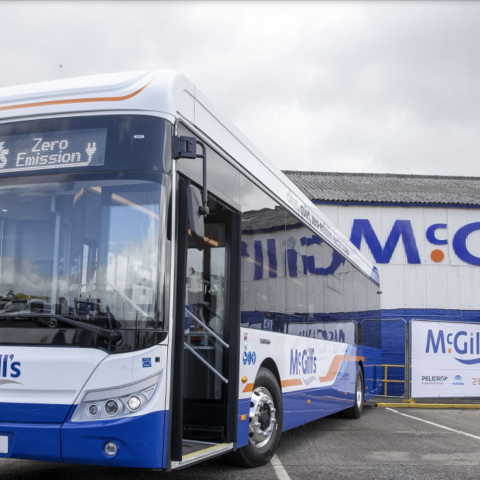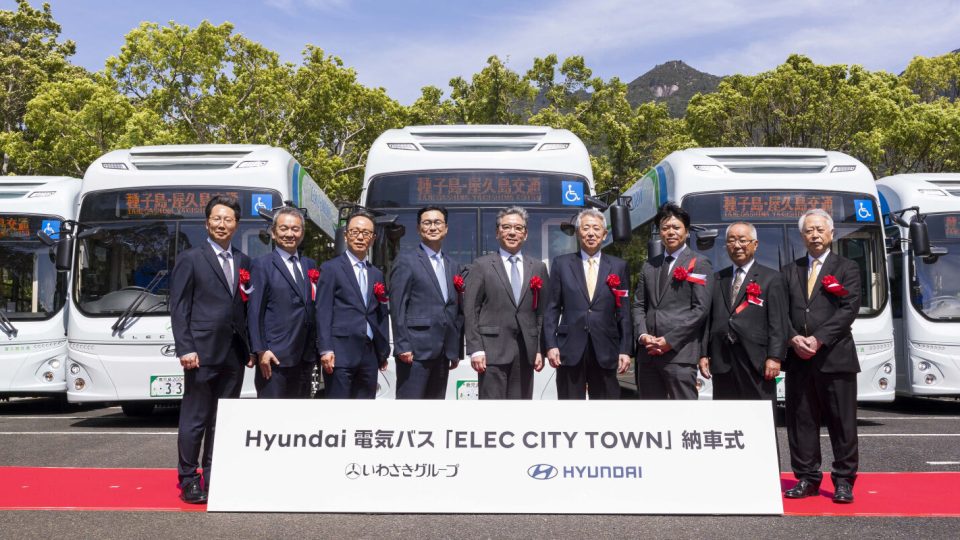Alarm for e-buses in the UK: administrative blocks threaten the growth of ZEVs, says Zenobe
Is the future of electric buses in Great Britain at risk? The alarm is raised by Zenobe, the largest owner and operator of electric vehicle fleets in the United Kingdom, in a new study (“Charging Forward: How Electric Bus Fleets Can Energyise the UK’s Cities”) which illustrates the future of the electric buses electric buses […]

Is the future of electric buses in Great Britain at risk? The alarm is raised by Zenobe, the largest owner and operator of electric vehicle fleets in the United Kingdom, in a new study (“Charging Forward: How Electric Bus Fleets Can Energyise the UK’s Cities”) which illustrates the future of the electric buses electric buses in the UK.
The report draws attention to residual charges that are hitting profits at low-carbon bus depots and energy bills for electric bus operators across the country, which could see a surge of more than 500%.
The cost increase arises from Ofgem’s Targeted Charging Review (TCR). Before the introduction of TCR, transmission tariffs – the costs associated with transmitting electricity in bulk – were tied exclusively to time of use. This meant that bus companies benefited from overnight charging during periods of low demand.
However, since the TCR came into effect in 2023, EV bus operators have been unfairly penalized. Research conducted by Zenobe on three electric bus depots across the country found that, under the TCR, energy bills for electric bus operators across the country could increase by more than 500%.
These higher costs damage the possibility of switching to electricity right from the start, despite the advantages it brings. The benefits, set out in the report, include cleaner air – with 16.4 million tonnes less CO2 emitted across Britain, lower costs – with a net saving of £120,000 over 15 years compared to diesel buses, and a boost for the local economy.
To ensure the electric bus business is protected and continues to attract investment to the UK, the Government’s energy and transport strategy needs to get it right. Zenobe outlined solutions to ensure that electrification continues on track, with electric bus operators being exposed from residual tariffs (as seen in the battery storage sector) and the reclassification of bus depot operations as a high-cost sector high energy intensity
The director and founder of Zenobì, Steven Meersman, said: «The review of targeted pricing is undermining the case for bus electrification, increasing costs for operators by more than 500%. The Government is clear that buses are a vital part of the UK economy. Solving TCR issues is an important step in ensuring that environmentally sustainable solutions are also financially sustainable ones. Zenobē is willing to work with government and industry to make this happen».








